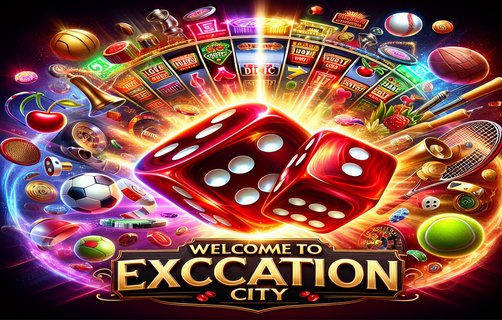Big Data Analysis: The Intersection of AI, Betting Strategies, and Player Engagement in the Gambling Landscape of 2021
The gambling industry has undergone significant transformations thanks to technological advancements, particularly the infusion of **Artificial Intelligence (AI)**. In 2021, many gambling platforms began leveraging AI-driven algorithms to enhance user experiences and optimize operational efficiencies. AI plays a crucial role in analyzing player behavior, predicting game outcomes, and personalizing marketing strategies, thereby reshaping the gambling narrative from mere chance to a more data-informed approach.
One notable betting strategy employed by players is the **D'Alembert system**. This strategy, which advocates for a moderate staking approach, has gained traction amongst gamblers, who seek a balance between risk and reward. In essence, the D'Alembert system proposes that players increase their stakes by one unit after a loss while decreasing it by one unit after a win. This self-correcting mechanism appeals to data-driven gamblers seeking the best odds without excessive volatility in their bankroll. The analysis of player data shows that this varied approach to betting can lead to more sustainable long-term outcomes.

Additionally, **leaderboards** have surged in popularity, primarily driven by their ability to foster community engagement in gaming environments. By introducing competitive elements, gambling platforms have successfully engaged users, allowing them to compare their performance against others while driving increased participation. This gamification of gambling capitalizes on the human desire for recognition and success, making leaderboards an essential component of modern gambling strategy.

When analyzing the **max win** potentials across various games, data reveals a complex landscape of risk versus reward. High payout slots and games such as blackjack and poker often showcase maximum win opportunities, providing players with incentivizing targets to chase. The correlation between high max win potential and player engagement indicates that platforms must continue to innovate to retain interest and loyalty among users.
The evolution of **live chat options** within gambling platforms represents another leap forward in user engagement. By offering real-time interaction with customer support representatives or even fellow gamers, platforms can enhance user experience significantly. Data suggests that responsive, well-managed live chat systems correlate with increased player satisfaction rates and prolonged engagement periods within games. Reliable communication channels also help mitigate negative experiences that could deter potential long-term players.
Lastly, an analysis of players who prefer **betting on favorites** demonstrates a consistent trend where higher odds are not necessarily correlated with higher player returns. Betting on favorites is often viewed as lower risk, and data indicates that while the initial win rates may be appealing, the long-term return on investment may not be as fruitful. Educated gamblers have begun to recognize the importance of **playing value hands**, which involves betting on less favored outcomes with better potential payoffs, leading to a more nuanced approach to gameplay.
In conclusion, the gambling ecosystem in 2021 showcases the importance of integrating technology, strategic betting approaches, and player engagement methodologies. As data continues to shape the decisions made by both players and gambling platforms alike, understanding these nuanced dynamics will be instrumental in crafting future gaming experiences that are not only profitable but also enjoyable for users.
